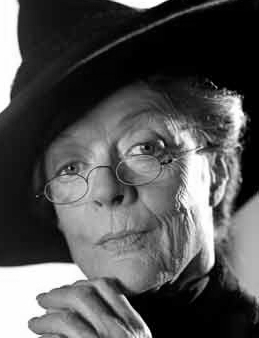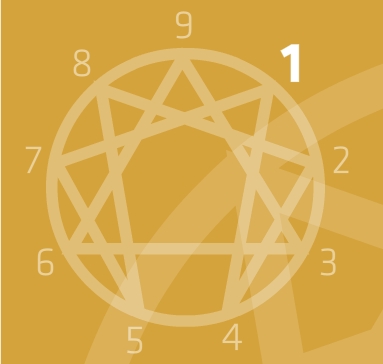Enneagram Type ONE

 The Perfectionist
The Perfectionist
At
their best,
they have a constant need for self-improvement, and they
encourage others to grow, but they do so tolerantly and
compassionately. Since they are accepting of themselves as whole
human beings, including their less positive aspects, they can be
accepting of others. They are visionaries who have a strong sense of
purpose and strive for the ideal, but they also know what's humanly
possible, and thus they are realistic. They are wise, discerning,
fair, objective, honest, and have an open mind, ready to review even
their own standards. They have integrity and hold high moral and
ethical standards, but don't moralize to others: they teach by
example. They are organized, methodical, productive, committed, and
dedicated people who will put their best efforts to the work at hand.
Although they are detail-oriented and extremely thorough in
everything they do, they can maintain a big-picture sense and wisely
make good decisions.
In
the Stuckness Zone,
an internal
critical voice starts running inside them, and they become critical
of themselves and others. They become perfectionistic and intolerant
of mistakes, trying too hard to get everything the “right” way
and to be right all the time. They compare reality to what it
“should” or “must” be, and look for what doesn't fit. Their
attention tends to go automatically to errors and mistakes, to what
has been done incorrectly by them and others and consequently to what
should be corrected. Sometimes the smallest flaw can ruin the whole
for them, and they become “comma-counters.” They act as if they
knew the right way of doing almost everything. Black-and-white
dominates their thinking: things are either good or bad, with no gray
areas in the middle. This makes them rigid and inflexible. They
cannot delegate, since nobody can do the work as perfectly as they
will. Tension arises when they feel overburdened by too many
responsibilities they feel they must undertake due to other people's
carelessness. Anger arises since there are too many things to correct
and too many people not following the rules and doing things the
wrong way. Anger, however, is not always expressed directly, since
they expect themselves to be self-controlled all the time. They thus
become resentful and bitter, holding grudges for long periods and
having difficulty in forgetting and forgiving. Although most of the
time they will try to hold in and not express their anger, it is
recognizable in their tense body language and facial expressions.
Their perfectionistic and critical drive also pushes them to work too
hard, with an inability to relax, enjoy, or have fun in life, making
them too serious. It also causes them to take their and other
people's efforts and hard work for granted, and also to moralize and
preach, instead of teaching by example.
Type description, from "From Stuckness to Growth: Enneagram Coaching" (2012) by Yechezkel & Ruth Madanes
Type description, from "From Stuckness to Growth: Enneagram Coaching" (2012) by Yechezkel & Ruth Madanes
